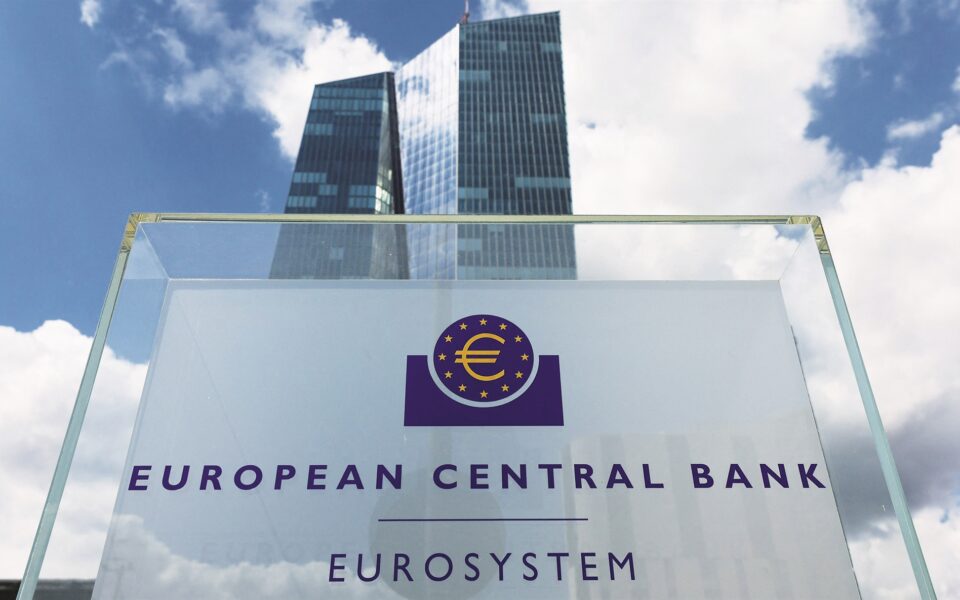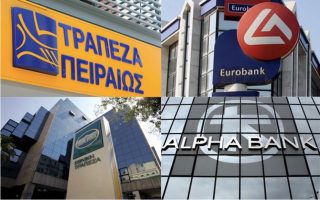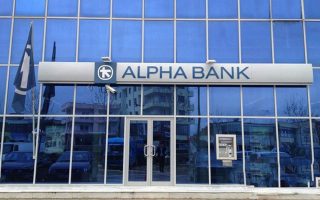Banks partly wean themselves off ECB

Over the past year, the “big four” Greek banks – Alpha, Eurobank, National and Piraeus – have repaid €31.1 billion of the €50.9 billion they had drawn from the Eurosystem, that is, the European Central Bank and the central banks of the 20 eurozone countries, in the form of loans at favorable interest rates.
The liquidity was offered through the third iteration of the targeted longer-term refinancing operation (TLTRO III) that the ECB conducted from 2019 to 2022. The liquidity offer was designed to encourage the banks to provide more loans to businesses and consumers, other than mortgages.
With the rise in ECB’s interest rates, the refinancing rate was 3.75%, making retaining that liquidity unsustainable. Greek banks offer much lower rates to private depositors (a weighted average of 1.42%) and businesses (2.28%). As a result, the “big four” started several rounds of significant repayments in the fourth quarter of 2022 and have now limited their exposure to the Eurosystem to €19.8 billion.
The remaining sum must be repaid by the end of 2024; from then on, banks must rely on their main sort of financing, deposits, or seek liquidity in interbank lending and bond issues. Financing from the ECB was the largest source of liquidity for Greek banks, some 8% of the total, at the end of June 2023, a study by rating firm DBRS shows. Bank-issued bonds represent another 4%, although analysts estimate that debt issuance will increase, at least to 2025.
A study by the European Banking Authority shows that the four largest Greek banks estimate that deposits by individuals and businesses will increase 10% by 2025, allowing financing the economy at low cost.





